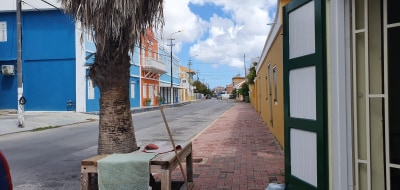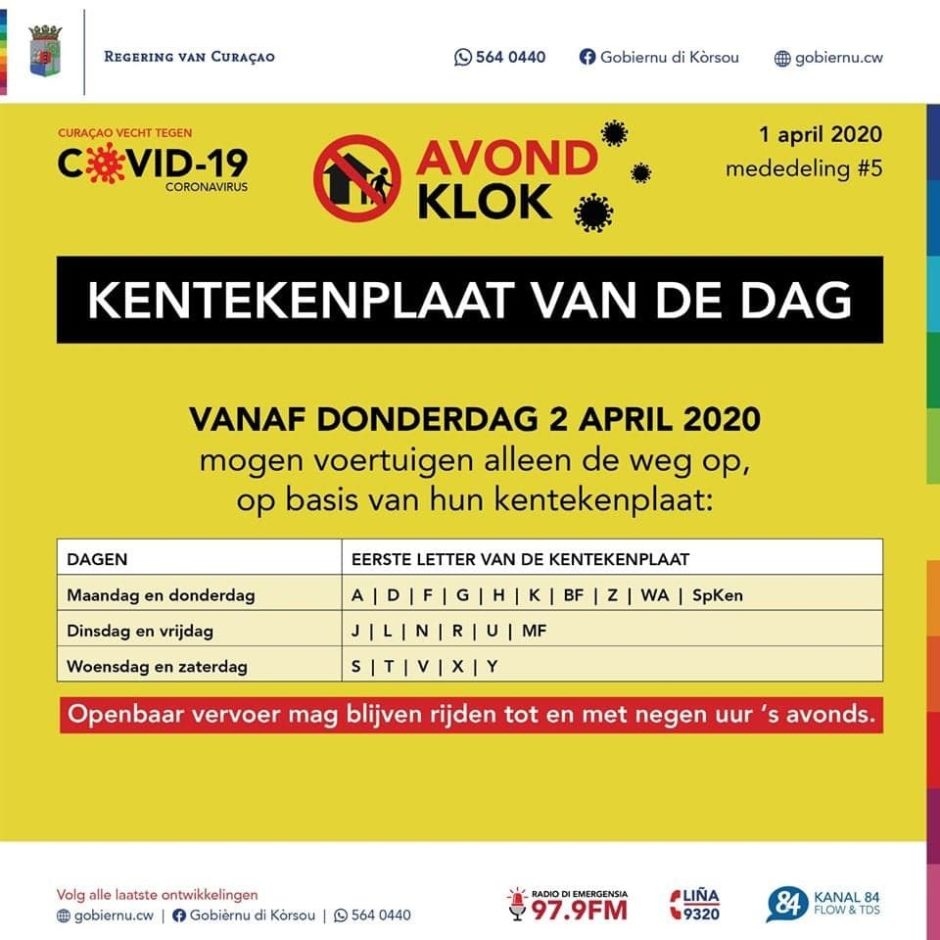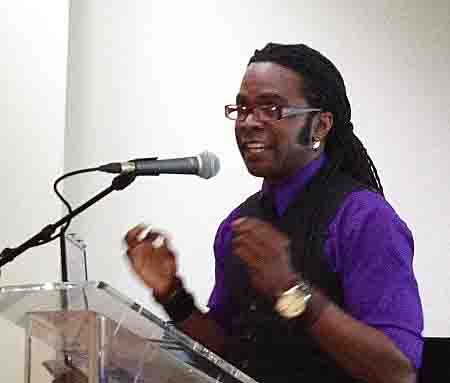My grandmother, corona, and my neighbour’s cat
by Francio Guadeloupe
A few days ago I saw a report on the BBC about cleaners having to go to work in the midst of the Corona pandemic. Cleanliness remains godliness, perhaps even more so these day, and once again it is those who earn the least that have to keep western civilization looking immaculate. Most of us see the spotless buildings and streets, but most of us do not really see them.

They are invisible and voiceless, even when they are in front of us—the well-paid and well-educated—as we grab our coffee to return to our computers. We nod at them as they vacuum or sanitize the toilets, but we do really see them or hear them. Like the doctors and nurses, the cleaners too lest we forget are on the frontlines. And many of them women. Brave women. Not perfect, not immaculate, but brave.
I knew one of these cleaners personally, her name was Elza and she was my maternal grandmother. Come rain or storm, she went out and cleaned the high school on Aruba where she worked. No matter what global or local crises there were in her lifetime—Aids, the Vietnam war, the Cuban missile crises, the British invasion of the Falkland Islands, the civil war in Libanon, South African Apartheid, the break-up of the Netherlands Antilles when Aruba went her separate way, etc.—my grandmother steadfastly went to her cleaning job. She acknowledged the crises, but she went and did her job. Nothing could stop her from doing so. Her life exemplified an ethic of never letting the news of the world, Big Events, takeover our lives; the struggle of the family was our way of righting the world too.
When her children grew up and wanted to take care of her, as she had taken care of them, by giving her part of their salary, she refused. She loved her job. Cleaning had meaning and purpose. She had a devotion to her profession. Cleaning is a profession she would say, and not any and everybody can do it. I looked up to her, and one my favourite things as a child was to accompany Elza to her work. One day she rhetorically asked me if I knew why she liked cleaning the school so much. She was doing it for me. I had just received an excellent report card. I was ten and thought I was grown-up. So I said it was a good thing to do, right. And that it was a way for her to earn money. She smiled and summoned me to be quiet. She then said that she was keeping the buildings clean, because she was sure that if I continued to do my best in school, one day I would be attending college. She was preparing the way for me.

I would like to think that some of the cleaners say something similar to their children and grandchildren. They live the Corona time, but also their own time and their family’s time. Time is layered, it consist of global times, local times, the time of our families, and our personal time. In all of these times there are struggles and strife, gains and victories, that do not add up to one global time. Newsworthy events like this Corona pandemic often have a way of making us oblivious to the multiplicity of time.
…strangely enough it was the neighbour’s cat that I observed trying desperately to climb a tree to raid a bird’s nest, that reminded me that human time is not the only time. Could this be one of the ways that Corona matters?
[overgenomen met toestemming van de auteur van Facebook, 1 april 2020]

